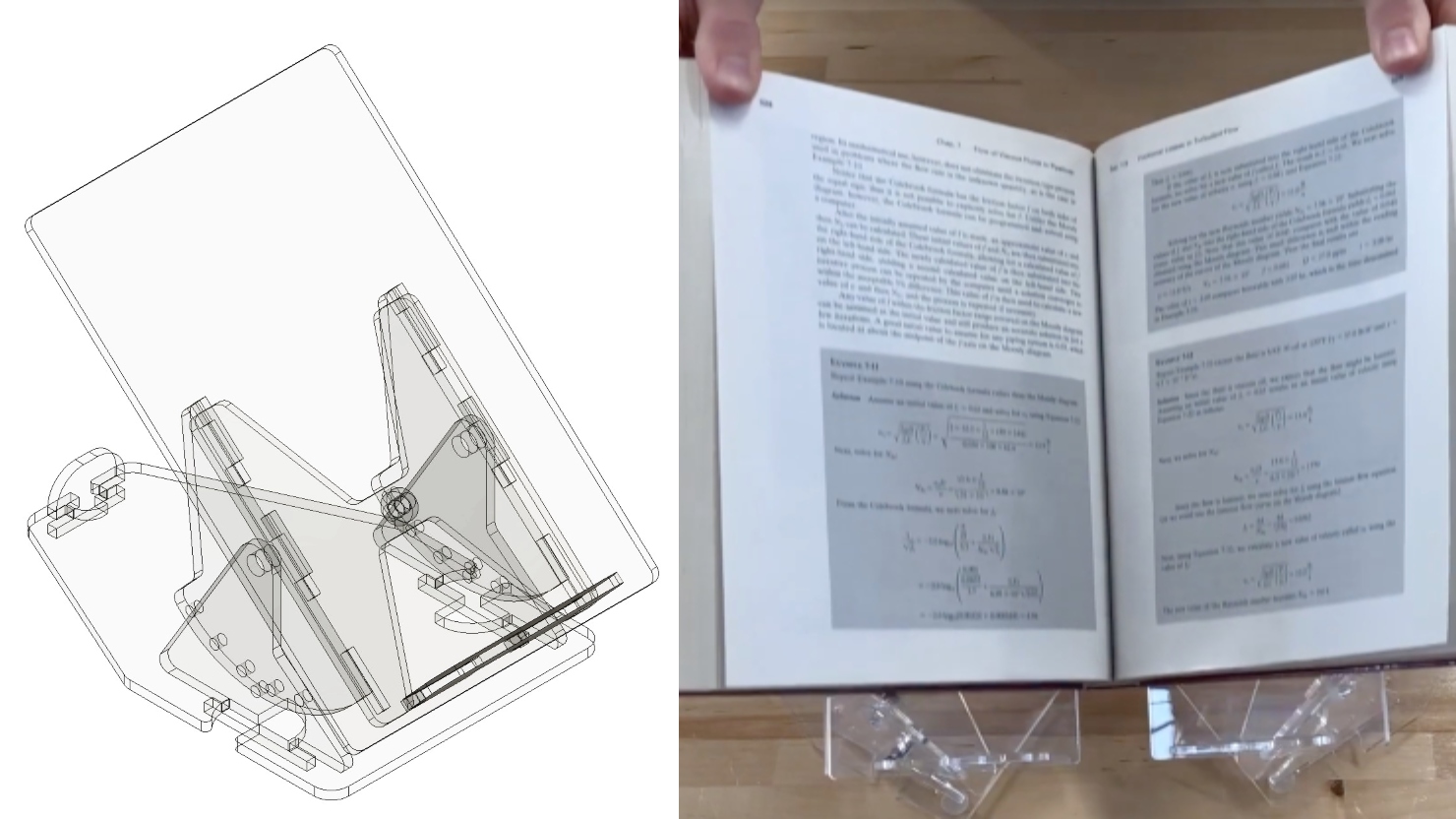
‘Embrace the Ditch,’ and Other Lessons Learned in Duke CEE’s Overture Engineering
Civil and environmental engineering students learn to design buildings within less-than-optimal parameters in a collaborative capstone course
We’re sorry, but that page was not found or has been archived. Please check the spelling of the page address or use the site search.
Still can’t find what you’re looking for? Contact our web team »
Read stories of how we’re teaching students to develop resilience, or check out all our recent news.

Civil and environmental engineering students learn to design buildings within less-than-optimal parameters in a collaborative capstone course

On a Star Wars-themed field of play, student teams deployed small robots they had constructed

Two projects from First-Year Design course are patent-pending. Student surveys suggest the course also fosters teamwork, leadership and communication skills.
Feb 2
Application deadline for graduate studies beginning fall 2025. Start your Duke journey at bme.duke.edu
11:55 pm – 11:55 pm
Feb 3
Kick-start your week with Coffee Monday for Engineering Master’s Programs Students! Join us every Monday from 10:00 AM to 12:00 PM at the Teer 102 Student Lounge. Enjoy a cup […]
10:00 am – 10:00 am
Feb 3
The Venturelli Lab aims to understand the molecular, ecological and systems-level design principles of microbiomes and their interactions with the environment and the host. The major goals of our research […]
12:00 pm – 12:00 pm French Family Science Center 4233